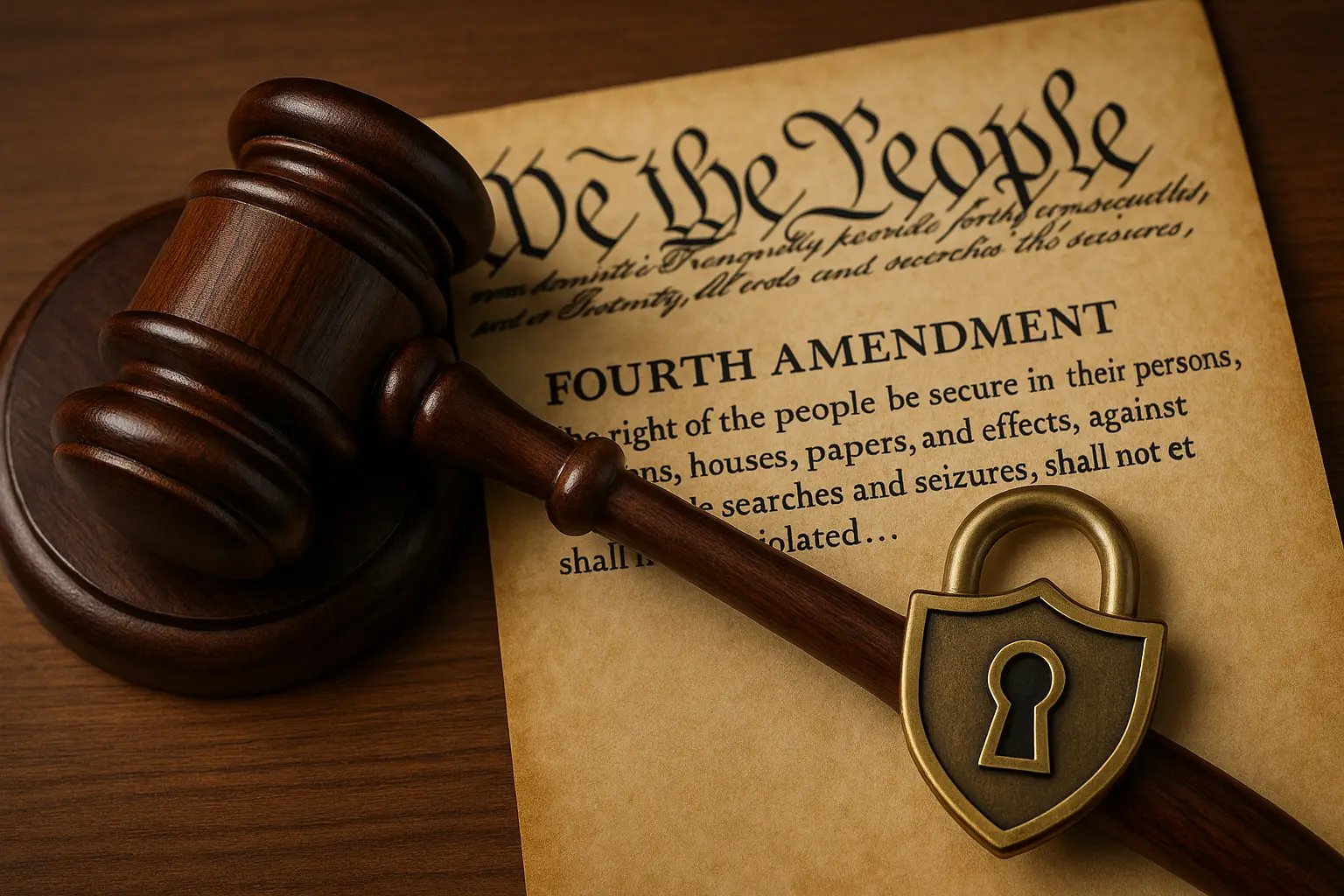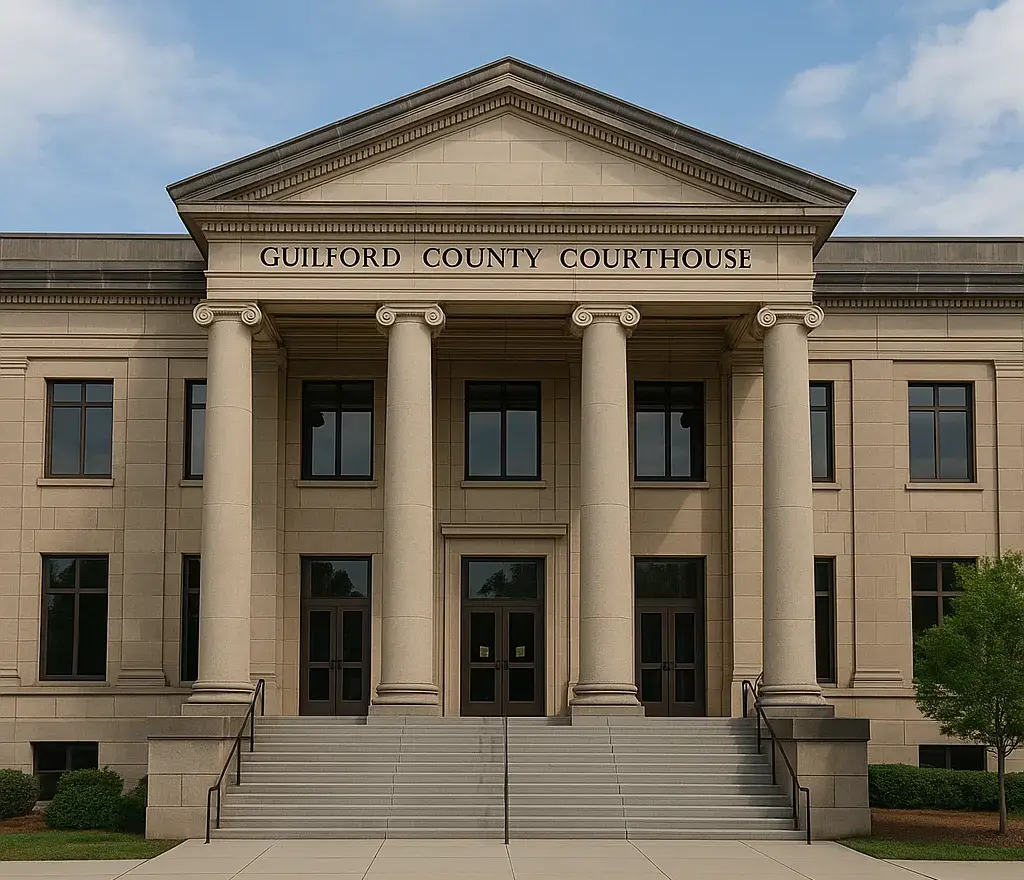Why Do We Discuss Privacy So Often?
Picture this, friend: You’re unwinding in your Greensboro home after a long day navigating the Triad’s bustling roads, the quiet hum of your neighborhood in Guilford County offering a rare moment of peace. Until an unexpected pounding on the door shatters the solitude, raising questions of intrusion, illegal searches, and your rights. In North Carolina’s courts, from Guilford to Randolph and Alamance Counties, the Fourth Amendment stands as your shield against unreasonable searches, but its strength hinges on one pivotal question: Did you hold a reasonable expectation of privacy in the spaces searched? This isn’t mere legalese. It’s the bedrock of defending against evidence that could tip the balance in criminal cases, like concealed carry charges, where a questionable search unearths more than intended. At our Greensboro Office on 328 East Market Street, we’ve unraveled these threads for decades, turning potential violations into suppressed evidence and restoring freedom. If shadows of doubt linger over a search in your case, let’s shed some light on them. Contact us today to schedule a free consultation to explore your options.


When Do You Have A Right to Privacy?
The roots of “reasonable expectation of privacy” trace back to the landmark Katz v. United States (1967), where the U.S. Supreme Court extended Fourth Amendment protections beyond physical walls to any realm where privacy feels intuitive, not just homes, but private calls and belongings are shielded from the prying eyes of the State. In our local courts across Guilford, Randolph, and Alamance Counties, this unfolds through a two-pronged test: First, did you show a subjective belief in privacy? Second, and crucially, would society deem that belief objectively reasonable? It’s not about your personal hunch, but what the community, rooted in North Carolina’s values, accepts as fair. For instance, your Greensboro residence is obviously a sanctuary where governmental overreach demands a warrant or exigent circumstances, as echoed in cases like Payton v. New York (1980). Yet, public spaces offer no such veil of protection. What you expose knowingly to the public, even from within your walls, is open for all. This balance weighs heavily in defenses, curbing wiretaps or surveillance that infringe without cause, while allowing law enforcement to safeguard our shared safety.
Privacy Extends Beyond Your Walls
Extending that sanctuary outward: Your yard and curtilage, the intimate grounds around your home, encompassing barns or outbuildings, carry the same shield, as affirmed in North Carolina precedents like State v. Grice (2002). Privacy barriers and fences guard against plain-view intrusions; therefore, a warrant would be needed for any search. A visible crime might erode this, but enclosed spaces hold firm. Trash can tell a tale too. Should you leave it curbside in a public right-of-way, as in California v. Greenwood (1988), it forfeits privacy and becomes fully open to scrutiny. But your trash kept in your yard? That’s still yours, untouchable without a warrant. Guests share this haven of privacy. Overnight visitors in Randolph or Alamance homes inherit a reasonable expectation, per Minnesota v. Olson (1990), ensuring borrowed shelter doesn’t strip rights.


Is Your Expectation of Privacy Reasonable?
The standard remains objective, friend, not swayed by your inner convictions, but by societal norms etched in case law. What matters is whether a reasonable person in your shoes would anticipate seclusion, a principle that fortifies motions to suppress in our local dockets. And in North Carolina, unlike in federal cases, no “good faith” exception exists to correct warrant lapses. Officers’ “mistakes” can’t salvage tainted evidence, as ruled in State v. Carter (1988) and upheld steadfastly, demanding strict adherence to constitutional bounds.
This framework isn’t abstract. It’s the linchpin in concealed carry defenses or broader criminal matters across our counties, where a flawed search could unravel the prosecution’s case through a suppression motion, which bars ill-gotten evidence. We’ve navigated these waters for countless Triad residents, protecting their individual sanctity, restoring their sense of safety and peace.
Contact Us
Uncertain if a search crossed lines in your Guilford, Randolph, or Alamance case? Don’t let doubt fester. Reach out for your free consultation today. Our Greensboro attorneys will dissect the details, craft your strategy, and stand firm for your rights. Contact us now. Together, we’ll reclaim the peace you deserve.

